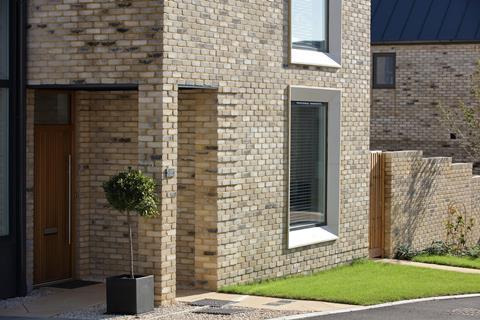Manufacturer’s analysis suggests material change could deliver significant carbon cuts while maintaining build speed, compliance and durability

The UK housebuilding industry could reduce its carbon footprint by more than 200,000 tonnes of CO2e annually by replacing clay facing bricks with concrete alternatives, according to Marshalls.
The company’s calculations, based on the recent publication of its environmental product declaration (EPD), indicate that concrete facing bricks have a lifetime carbon footprint almost half that of clay – 49.1% lower, equating to 116.50kg CO2e saved per tonne of bricks.
Applied to the estimated 1.1 billion bricks used in UK home construction during 2023, this reduction would total 214,057 tonnes CO2e – a figure Marshalls compares to removing 105,663 diesel cars from the road for a year.
Mike Edwards, group head of sustainability at Marshalls, said: “Housebuilders are under immense pressure to meet net zero targets, but many solutions require major design changes. Switching to concrete facing bricks is a straightforward change that can deliver significant carbon savings without impacting speed of build or functionality.”
The manufacturer states that its concrete facing bricks meet BS 771-3:2011 A1:2015, are consistent in size for easier laying and are designed to reduce risks such as efflorescence and shrinkage. They also offer Euroclass A1 fire resistance, frost protection equivalent to F2/S2 clay ratings and the ability to continue hardening over time.












No comments yet